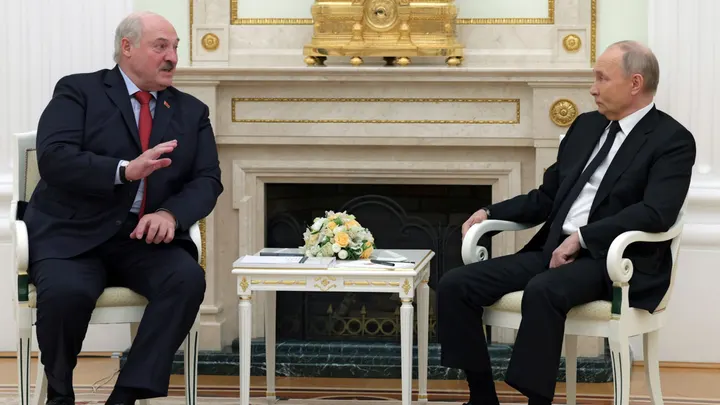As the conflict between Russia and Ukraine extends into its third year, the Kremlin has highlighted a draft document from 2022 as a potential foundation for rekindling peace negotiations. On a recent Friday, Kremlin spokesperson Dmitry Peskov pointed to discussions held in Istanbul in March 2022 as the basis for upcoming peace talks despite significant changes and escalating tensions since the initial negotiations. This development follows statements by Russian President Vladimir Putin, who firmly asserted that any resolution would need to align with Moscow’s strategic interests and the “new realities” on the ground.
During a conference call with reporters, Dmitry Peskov emphasized that while the draft agreement discussed in Istanbul could initiate dialogue, the evolving geopolitical landscape necessitates a fresh approach. “There have been many changes since then; new entities have been included in our constitution,” Peskov noted, referencing Russia’s controversial annexation of four Ukrainian regions in September 2022—a move widely condemned by Kyiv and the international community as illegal.
The 2022 draft, which surfaced shortly after Russia’s invasion in February of the same year, proposed Ukraine’s neutrality and restrictions on its military capabilities. However, these negotiations quickly disintegrated, leaving the proposals unadopted and the conflict unabated.
In stark contrast to the views of Kyiv and its allies, who regard the Russian military actions as unprovoked aggression, Putin reiterated his rationale for the invasion, claiming it was necessary to safeguard Russian interests and prevent Ukraine from joining NATO, which he perceives as a significant security threat. Furthermore, Putin has dismissed the peace formula proposed by Ukrainian President Volodymyr Zelenskyy, which demands Russian troop withdrawals, reparations, and legal accountability for actions during the conflict.
The path to peace appears fraught with uncompromising stances and deep-rooted mistrust, yet the Kremlin’s reference to the 2022 draft document signals a possible, albeit challenging, avenue for diplomatic engagement. As global attention turns towards the potential peace talks in Switzerland this June, the world watches closely, hoping for a resolution to end the protracted suffering and instability in the region. The coming months will be crucial in determining whether the shadows of past negotiations can pave the way for a sustainable peace or if the specter of ongoing conflict continues to loom large.







